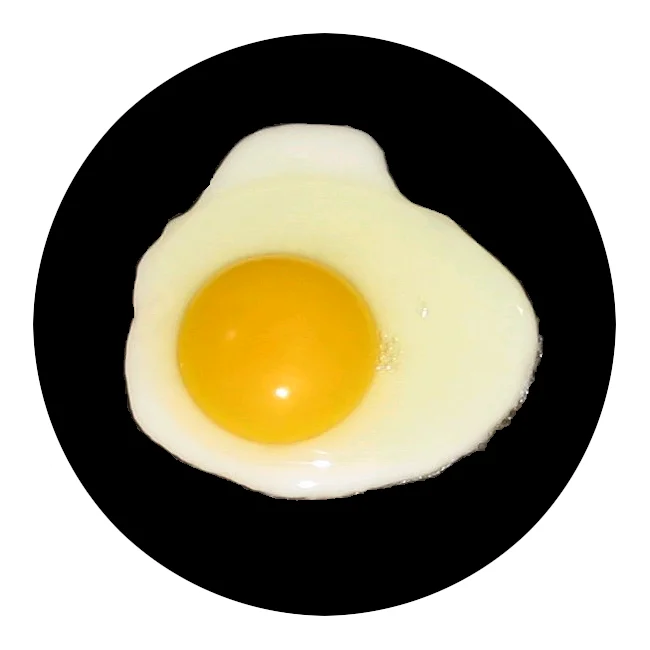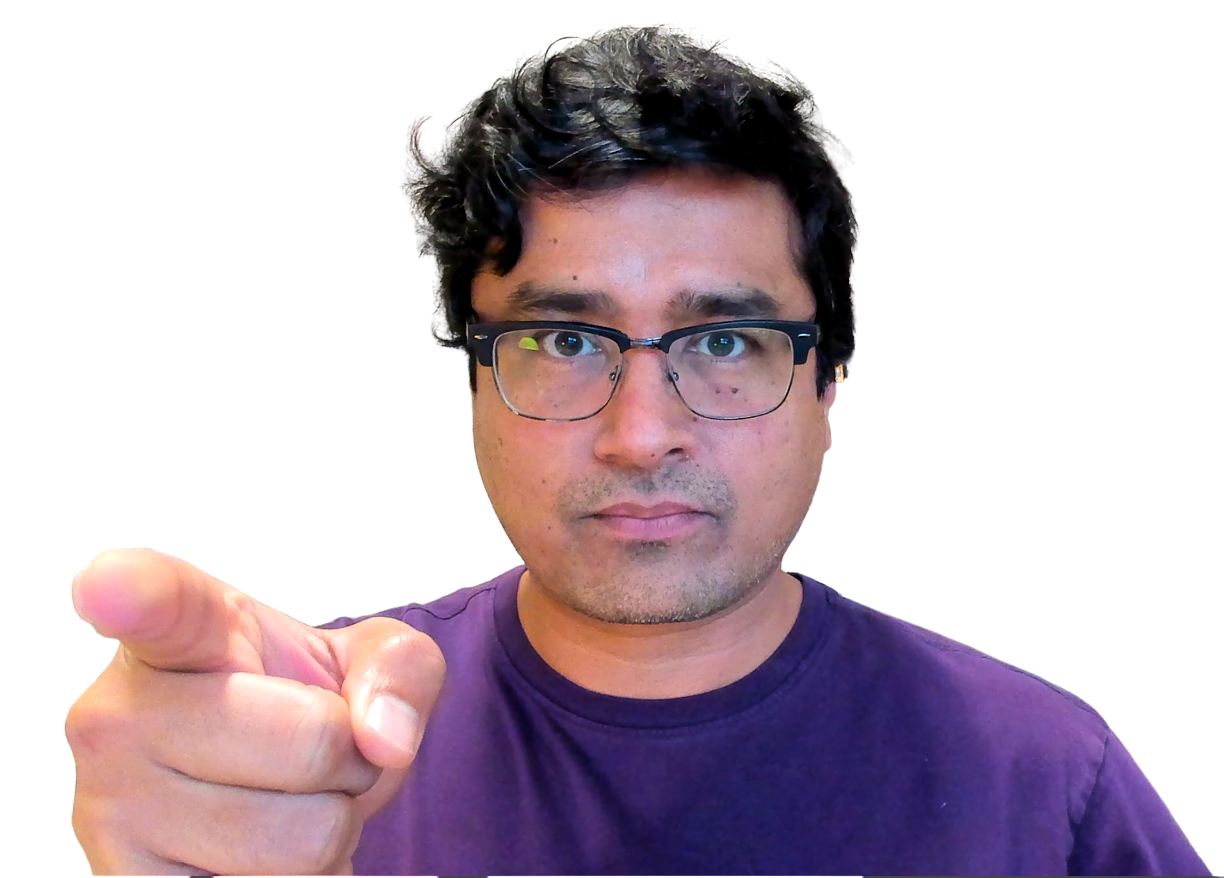Blog
Guest Post: Buyer Psychology – less is better
Marketers believe that the more options they provide, the more likely customers will be able to find exactly what they’re looking for. They believe that by selling 50 kinds of pants instead of two, customers will be more likely to find a pair they truly enjoy.
Nonetheless, a new study demonstrates that there is such a thing as too much choice; when there is, customers are less likely to buy anything at all, and if they do, they are less happy with their choices.
Sheena Iyengar and Mark Lepper, both psychologists, published groundbreaking research. A display booth with 24 types of gourmet jam caught the attention of buyers at an upmarket food store one day. Those who tried it were given $1 off on any jam. A similar table was seen on another day, although just six types of jam were on show.
Surprisingly, the second exhibit managed to draw a much larger crowd.
Other research has demonstrated the same idea that having more options isn’t necessarily a good thing.
For example, when the range of snacks, soft drinks, and beers available at convenience stores expands, sales volume and consumer satisfaction decline. Furthermore, as the number of retirement investment alternatives accessible to employees grows, the likelihood of them selecting any, drastically drops.
Excessive choice can not only cause “choice paralysis,” but it can also lower people’s enjoyment.
These findings cast doubt on what we think we know about human nature and the factors that influence happiness.
Both psychology and industry have functioned under the idea that the link between choice and happiness is simple: the more options individuals have, the better off they are.
The advantages of choice have been linked to autonomy and control in psychology. In the corporate world, the advantages of choice have been linked to the advantages of free markets in general. Adding more alternatives does not make anyone worse off, and it is almost certain to make someone better off.
Choice is beneficial to us, but the link between choice and enjoyment appears to be more nuanced than we previously thought.
Having more options has declining marginal value; each new option detracts a bit from one’s sense of well-being until the marginal advantages of more options level out.
Furthermore, both psychologists and business scholars have generally overlooked another decision outcome: More choices demand more time and effort, and if the choices don’t work out, it may lead to worry, regret, unrealistic expectations, and self-blame. These costs are minor when the number of available alternatives is small, but they increase as the number of possibilities grows. Each new option eventually makes us feel worse than we did before.
Without a doubt, having more choices allows us to reach better objective outcomes in the majority of cases. Again, having 50 types of pants to choose from rather than two, boosts the chances of buyers finding a pair that fits them. However, buyers may feel overwhelmed and disappointed. This disconnect between real and subjective outcomes is a substantial problem for marketers and business owners that use choice to boost the perceived worth of their products and services.
Choice is no longer sufficient to support a marketing approach on its own. For both the buyer and the store, more isn’t necessarily better. Finding out how much variety is required is a difficult empirical task. Companies that find the correct balance, on the other hand, will be rewarded handsomely.
Partnering up with Skafos.ai allows users to instantly find what they like and what they need, without feeling any sort of anxiety or self-doubt. The Tinder of Shopping Experiences learns what a user likes, and recommends similar items, making the entire shopping experience, less time-consuming and more enjoyable.



